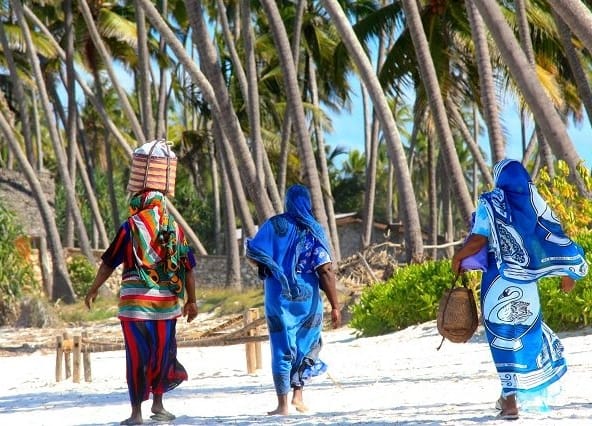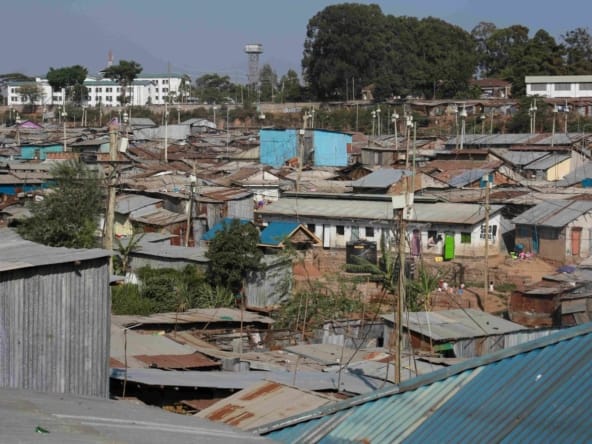Introduction
For many Kenyans living abroad—in the US, UK, Canada, or the Gulf—real estate back home isn’t just an investment; it’s a deeply personal connection to culture, family, and identity. The diaspora’s influence is felt in neighborhood developments, architectural styles, and community priorities, shaping Kenya’s real estate landscape in unique ways.
In this ninth piece of our Write 10 articles about Real estate in Kenya based on Culture & Lifestyle series, we delve into how diaspora dreams and remittances are transforming property ownership and lifestyle choices.
The Emotional Pull of Ancestral Homes
Many Kenyans overseas purchase land or build homes in their ancestral villages or counties. This trend reflects:
A desire to maintain cultural roots and family ties
Plans for retirement or holiday homes
A way to invest in future generations
These homes often combine modern amenities with traditional elements like family compounds and community spaces, bridging the old and the new.
Investment Trends and Preferences
Diaspora buyers tend to favor:
Gated communities in Nairobi, Kisumu, and Mombasa, which offer security and convenience
Holiday homes along the coast or in the highlands for relaxation and cultural reconnection
Commercial properties for steady income streams, especially in growing towns
They also push for quality construction and legal clarity to avoid the pitfalls of land disputes common in Kenya.
Lifestyle and Cultural Expectations
Homes built or bought by diaspora Kenyans often reflect:
A blend of global modernity and Kenyan tradition—for example, western-style kitchens alongside outdoor fire pits for nyama choma (barbecue)
Spaces designed for large family gatherings, respecting Kenyan communal culture
Incorporation of cultural symbols—like Kikuyu carvings or Luo drums—as decor
This fusion celebrates identity while catering to cosmopolitan lifestyles.
Challenges and Opportunities
Despite their purchasing power, diaspora investors face hurdles such as:
Complex land laws and bureaucratic delays
Navigating cultural expectations versus practical needs
Ensuring ongoing property management from afar
On the flip side, their involvement injects much-needed capital and encourages developers to raise standards and innovate culturally sensitive designs.
Conclusion
The Kenyan diaspora holds a unique and powerful role in shaping real estate back home. Their investments go beyond bricks and mortar—they’re about preserving culture, fostering community, and realizing dreams. As this influence grows, Kenya’s real estate market becomes a vibrant reflection of global ties and local traditions.





